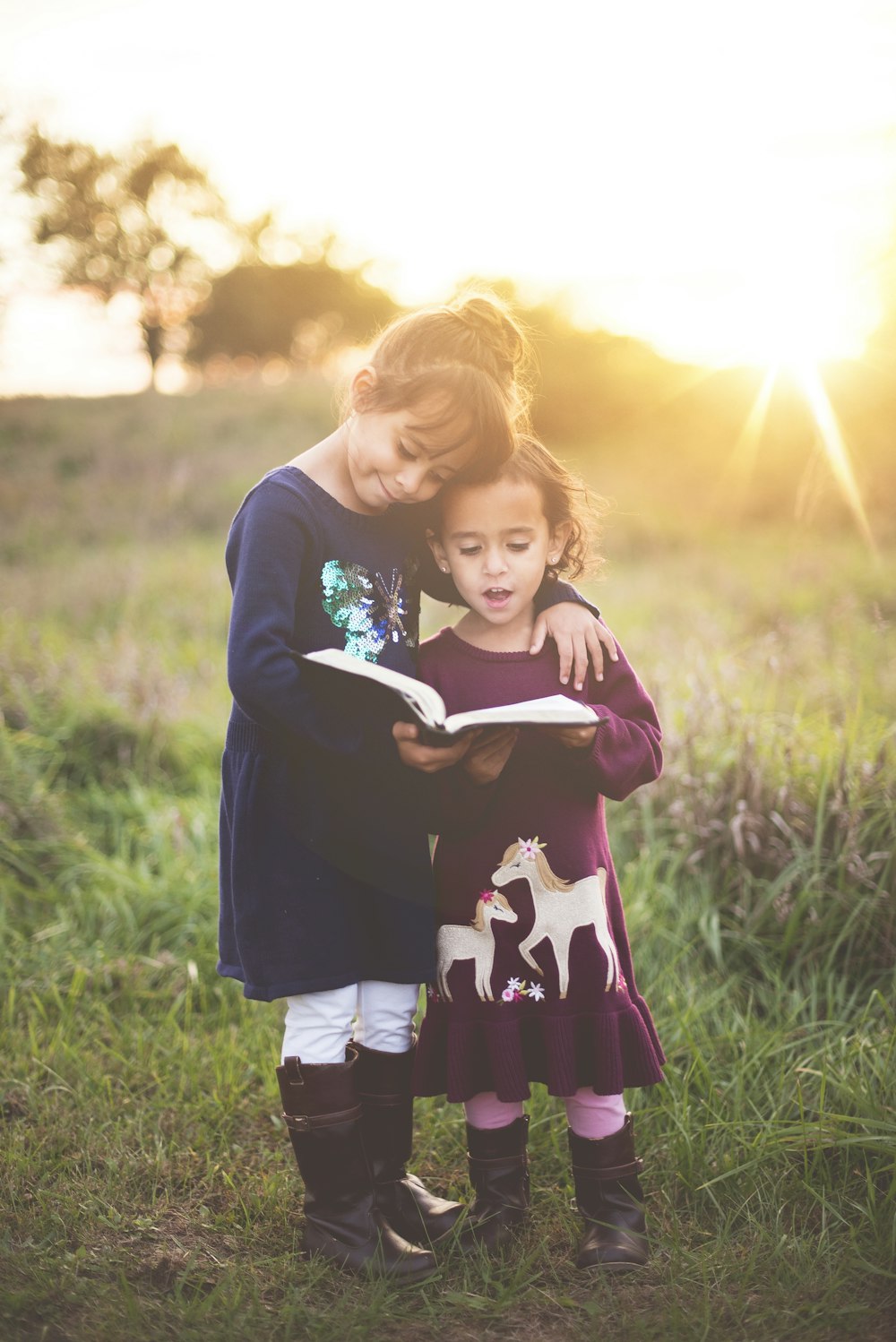Defining Early Education
Early education is the early stages or processes
in instructive & practical training
leading to informed early development.
Teaching
The training we call teaching. The “instructive” aspect is one aspect of intentional early communication regarding developmental support.
Teaching begins with listening to each individual need & story. It continues by identifying diverse & real-time opportunities for children to “practice” what has been discussed. Instruction takes place next, as well as student feedback, completing the loop.
Learning
We refer to the development or growth we see as learning. Learning can be spoken or demonstrated. For example, a new driver must demonstrate proficiency behind the wheel & pass the written content exam.
The combination of communication & practical opportunities lead to informed early development, or an awareness of growth, either on the part of the educator, the child, or ideally both.
A Short Story about the Role of Love & Choice in Early Education
Written by an early childhood teacher about a personal early childhood memory
My grandparents used to let us have whatever snack we requested. Seriously… WHATEVER. So there was a season where full-on banana splits were where it was at… and there was also a season where gourmet salads were what I requested.
What?! I know, it surprises me too… What was I thinking… choosing salad?!…
As an educator, I’ve wondered how my grandma could be so unconcerned about our snack, especially when she was always telling us “we had to” eat our vegetables at every meal. “Let’s see do we have a green & a yellow vegetable?” she’d say. Despite her efforts to offer a variety of color & nutrition at mealtimes, I think somehow she knew that desserts wouldn’t intrigue us forever…
She loved us enough to give us a choice AND she trusted that we would learn to make reasonable decisions eventually, if not today.
What’s crazy is it worked. I have equally good memories of amazing banana splits & gourmet salads being consumed while sitting on the floor of their shaggy 70’s carpet. I remember being genuinely delighted eating those salads because I had made the choice.
She let us splurge while we were with her so we could make independent decisions on our own later. We eventually chose salad because we had tried everything else! I knew she believed that lettuce was delicious & good for me – the best choice – and I also knew she would not treat me differently if I wanted ice cream! Her love & trust in me freed me to request what I actually desired.
P.S. Grandparents can often offer choices that parents can’t – whether it is simply part of their role to “spoil us & send us home” or their life experience that has taught them a bit more flexibility – you decide!
Read more about Education
Early Education Questions
How much instruction & practice is needed early on? The answer varies depending on who you ask, as do the details of how “instruction & practice” plays out day-to-day.
By definition, education is connected to development. We also know early development is occurring rapidly and is significantly shaping. Thus, the question of “how” is worth asking. The answer is an important element shaping your personal philosophy of education.
Before we explore philosophies of education, however, below are some basic questions based on the definition of early education at the top of this page…
- What stage or part of the process is my child currently in?
- What do they need to know, or… how do they need to grow?
- What instruction or teaching would be helpful & informative to them in light of their personal development?
- How can I best communicate this new or repeated teaching?
- What would be a real-life way to practice this teaching today?
These questions could be asked at any stage of development.

